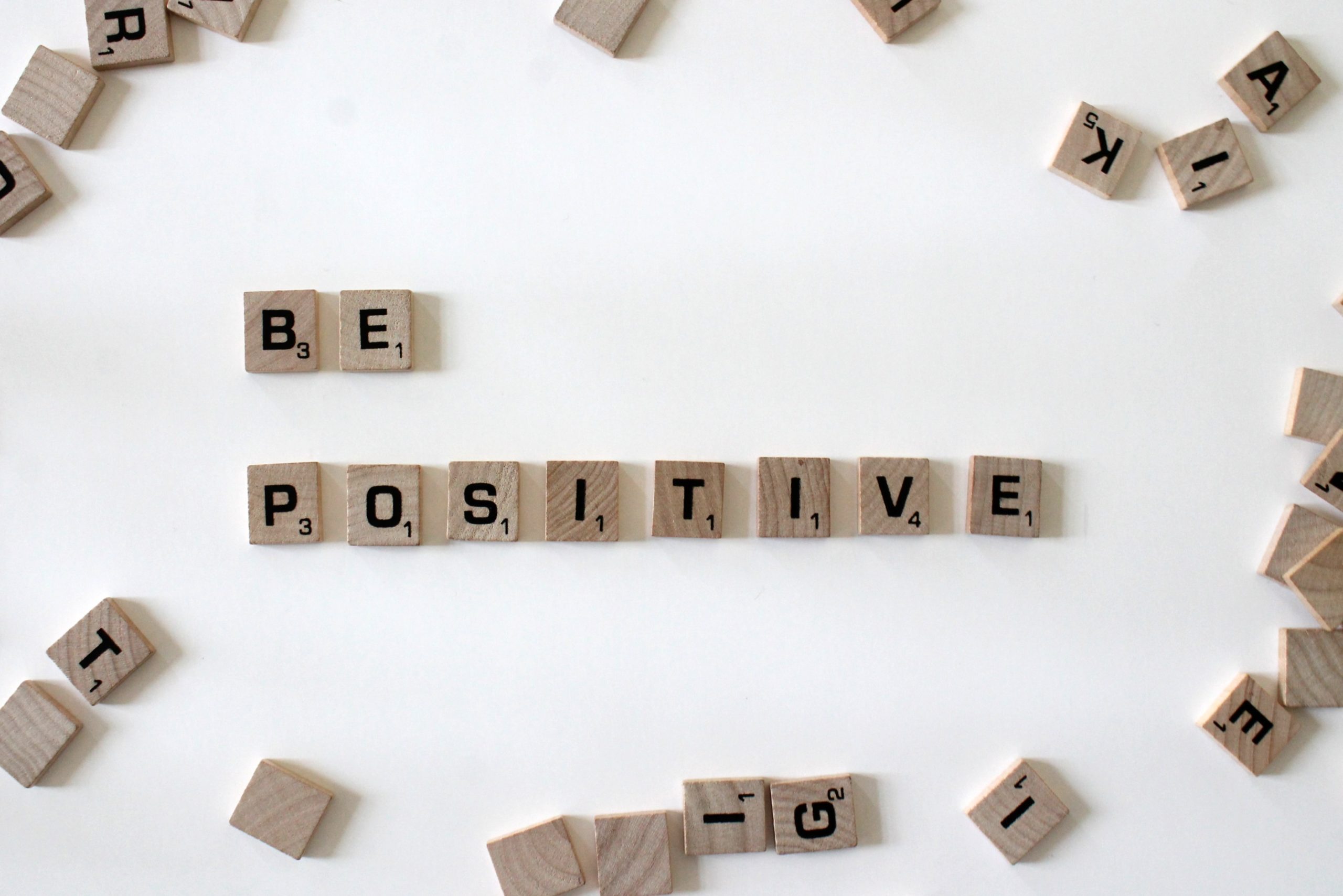Filipinos are generally known as a cheery and hospitable people, with a spirit that is “undrownable”. Always finding a way to “look at the bright side” can be seen as a strength, so how does it become toxic?
In a statement for a VICE Instagram post about “How Filipinos can Break Away from Toxic Positivity”, Manila-based psychologist Rea Villa defines toxic positivity as “maintaining positive thoughts or emotions to the point of ignoring negative emotions altogether.” She explains that toxic positivity is following a positive mindset without finding ways to address the issues in your life. Positivity becomes toxic when you use it to avoid your problems.
Being positive isn’t a bad thing in itself, but when does looking for the silver lining do more harm than good? Here are three telltale signs that your “positive thinking” might be a little toxic.
Feeling guilty for experiencing “negative” emotions
Toxic positivity has a tendency of dichotomizing our emotions into “good” and “bad”, often demonizing “bad/negative” emotions like sadness, anger, or grief. And since these emotions are labelled as “bad/negative” you may beat yourself up for feeling such “undesirable” feelings, leading you to feel guilty or ashamed whenever you feel anything other than joy.
This dichotomy of emotions sets the impossible standard that we need to be happy all the time, always walking on the bright side of life. But mental health is not black and white. Sometimes, bad things happen and it’s okay to feel bad when they do.
Shoving aside your emotions and masking what you truly feel
Aside from feeling bad about feeling bad, you may push these feelings aside to hide them from those around you (and even from yourself).
This can create strain in your relationship with others and yourself as you force yourself to be okay even when you aren’t. This inconsistency between what you are really feeling and what you are portraying, may lead others to believe that maybe they don’t really know the real you. This dissonance may also result in your losing touch with what you are truly feeling and the ability to acknowledge these things.
Shutting down emotional conversations with vague “positive advice”
The advice you give when talking to others (or yourself), whether solicited or not, can be very telling. There are times when we have pure intentions, but our execution is a little off. This is exactly what happens when you respond to loved ones who are venting to you with a blanket statement like: “just be positive”.
Our language has the power to validate the experiences a person is having, and acknowledge that what they are feeling makes sense. A phrase like “just be positive” sows seeds of doubt in the mind of whomever you’re speaking to (including yourself). These overgeneralized “positive” statements may make one question whether their emotional response to a situation is “wrong”. These doubts can create negative self-images which view these feelings as a sign of weakness in character.
The negative connotation toxic positivity puts on emotions other than happiness and gratitude, further contributes to the stigma around mental health issues and awareness. The dismissive and avoidant nature of toxic positivity may hinder people from reaching out for help.
Acknowledging that maybe we’ve been spreading toxic positivity in our lives is only the first step to solving this problem. We must shift our mindsets and accompany this with action.
As mentioned earlier, language matters. We need to become kinder and more forgiving of ourselves and one another, treating each other with empathy. Pick your words carefully, the way that we talk to ourselves and to others determines our experience of being seen and heard. Language has the power to make you, and those around you, feel understood.
Being positive all the time is quite literally impossible. Life isn’t always filled with happiness and it’s okay not to feel happy when it isn’t.
Other POP! stories you might like:
5 easy ways beginners can start practicing mindfulness
Give yourself a moment of mindfulness with these meditation apps



